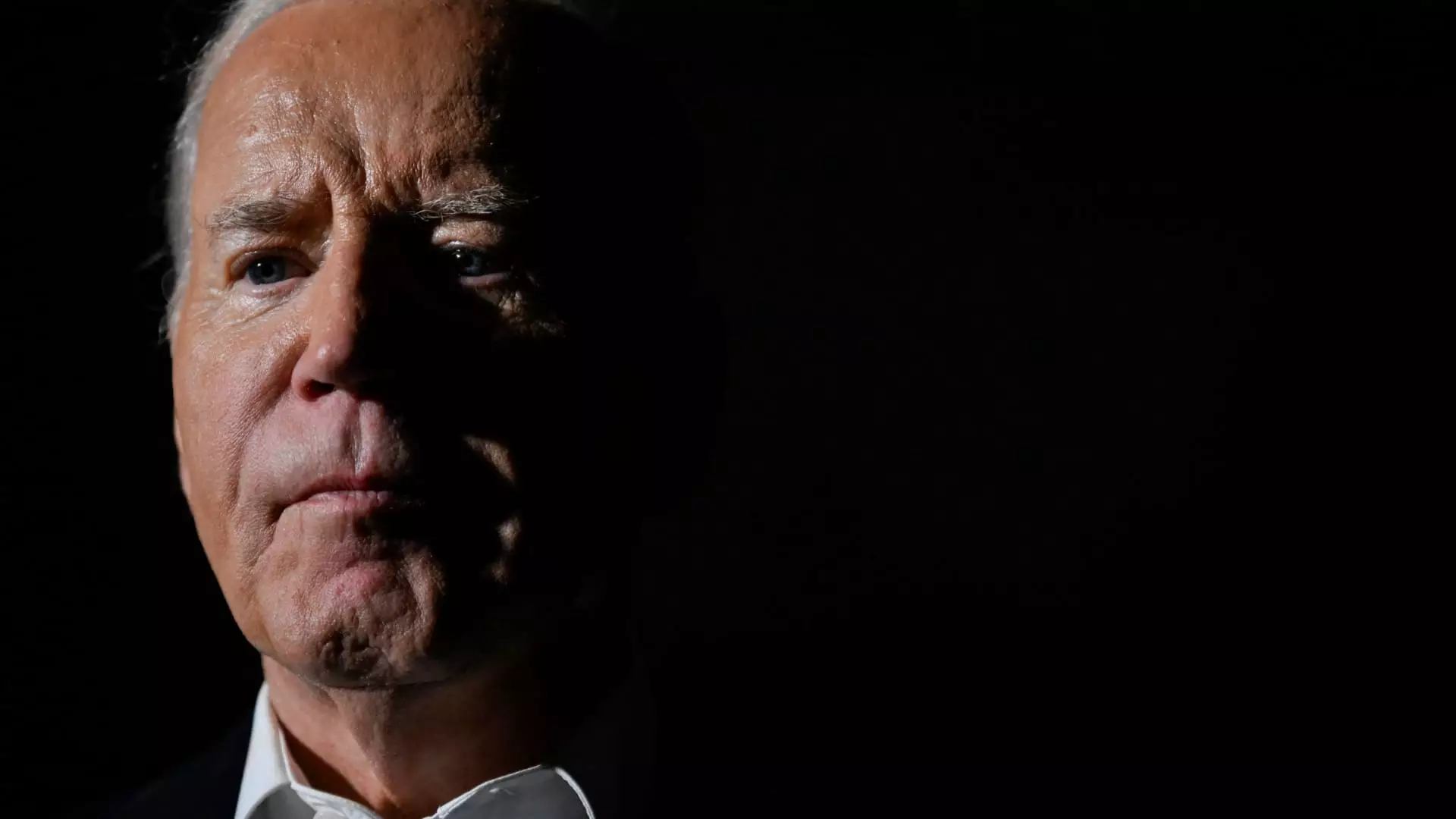A recent federal ruling in Texas has stirred up controversy regarding noncompete agreements, with a judge blocking a Federal Trade Commission (FTC) rule that aimed to ban such agreements between workers and their employers. U.S. District Judge Ada Brown in Dallas argued that the FTC overstepped its authority by adopting broad rules that prohibit these agreements, which are commonly used to prevent workers from joining rival companies or starting their own competing businesses.
Judge Brown’s ruling raises questions about the FTC’s power to regulate business practices that it deems to be anticompetitive. While the FTC approved the ban on noncompete agreements in a 3-2 vote, critics argue that the agency failed to provide sufficient evidence to justify such a sweeping prohibition. This decision has sparked a debate over the extent of the FTC’s authority and its role in enforcing antitrust laws.
Supporters of the ban argue that noncompete agreements stifle competition, suppress wages, and limit worker mobility. According to the FTC, approximately 30 million workers in the U.S. have signed noncompete agreements, representing 20% of the workforce. However, opponents of the ban, including business groups, contend that such agreements are essential to protect trade secrets and confidential information.
The legal landscape surrounding noncompete agreements is complex, with conflicting rulings from different federal judges. While a judge in Florida declared the ban invalid, a judge in Philadelphia upheld the FTC’s decision, highlighting the lack of consensus on this issue. The divergent opinions among judges demonstrate the need for clarity and consistency in the interpretation of antitrust laws.
As the legal battle over noncompete agreements continues, the role of the FTC in regulating business practices remains a contentious issue. The conflicting rulings from federal judges underscore the need for a comprehensive approach to addressing antitrust concerns while balancing the interests of workers and businesses. Ultimately, the outcome of this debate will have far-reaching implications for the future of competition and innovation in the workforce.


Leave a Reply